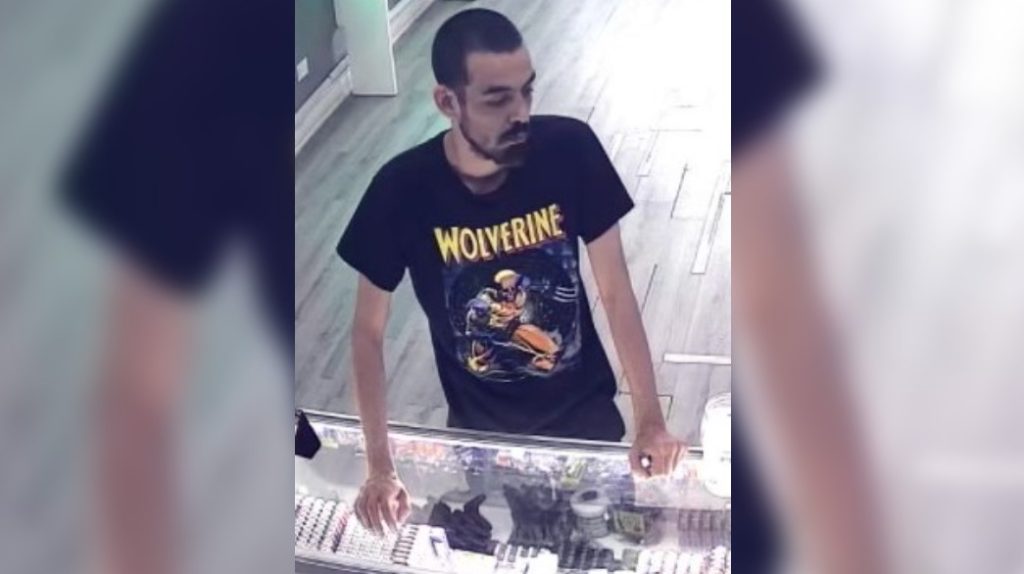‘Outright lie,’ Rob Ford says of new allegations in court document
Posted December 5, 2013 10:50 am.
This article is more than 5 years old.
Allegations that Rob Ford offered purported gang members money and a car in exchange for a video are an “outright lie,” the Toronto mayor said Thursday amid new questions about why police did not arrest him.
Speaking on an American radio station, the scandal-plagued mayor quickly tried to change the topic when asked about the latest claims against him.
“You can talk to my lawyers about it,” Ford told “The Sports Junkies,” a morning show on WJFK-FM based in Washington, D.C.
“I’m here to talk football, guys. So if you want to talk football, talk football; but if you want to talk about other things, then unfortunately I’m going to have to let you go.”
The latest allegations, which have not been proven in court, are contained in wiretap summaries put together as part of a guns and gangs investigation that were in a police document released Wednesday.
The intercepts reveal men talking with familiarity about the mayor, and suggest they had supplied him with drugs and plotted to blackmail him with photographs of him doing narcotics, police said.
Ford said nothing on arrival at city hall Thursday but Deputy Mayor Norm Kelly, who has taken on many of the mayor’s responsibilities, said the latest allegations would not affect city business.
Kelly did call allegations that Ford was consorting with drug traffickers and gang members troubling.
“The one that’s bothered me the most is the possibility of criminality being involved in one way or the other with the mayor’s office,” he said.
Some city councillors called on investigators to explain why they did not arrest the mayor, but police have consistently said they didn’t have sufficient evidence to do so and Ford’s status as mayor had nothing to do with it.
Investigators have asked to interview Ford, but he has refused on the advice of his lawyer, Dennis Morris, who called the latest allegations baseless.
“It has no benefit,” Morris told The Canadian Press. “What you could do is create charges that presently have no foundation.”
If Ford made a statement favourable to himself, it would be called self-serving and inadmissible in court, while an ambiguous statement could be twisted and used against him, Morris said. Any statement against his interests could be used in court to convict him.
“So why would you even want to do that?” Morris said.
According to the latest documents, Ford’s name emerged on the wiretaps about two months before the U.S. website Gawker and the Toronto Star first reported in May that drug dealers were shopping around a video that showed the mayor smoking what appeared to be crack cocaine.
In a conversation investigators said they recorded on March 27, police said one man quoted Ford as saying, “I’ll give you 5,000 and a car” for a video.
Mohamed Siad, who police believe was trying to sell the “crack video,” said he wanted to meet with him and ask for “150,” which police said meant $150,000, the document says.
At the legislature, Municipal Affairs Minister Linda Jeffrey called the allegations “troubling” but said the province would take its cues from city council.
Both the attorney general and community safety minister echoed similar sentiments, but expressed confidence in police and the legal system.
After months of denials Ford finally admitted in late October to smoking crack cocaine in one of his “drunken stupors.” The admission came after police said they had recovered two videos in line with what Gawker and the Star had reported.
City council stripped Ford of most of his powers last month after further embarrassing episodes — including one in which he used a sexual profanity on live television — and he became regular fodder for late-night talk-show hosts.
Asked by the sports program how he was managing amid the glare of publicity, Ford was sanguine.
“I just stay focused on my job,” he said. “All the other stuff is nonsense.”
With files from Diana Mehta








